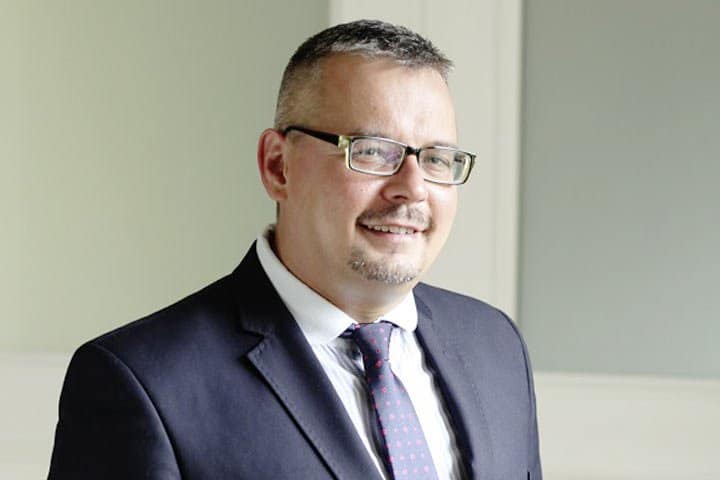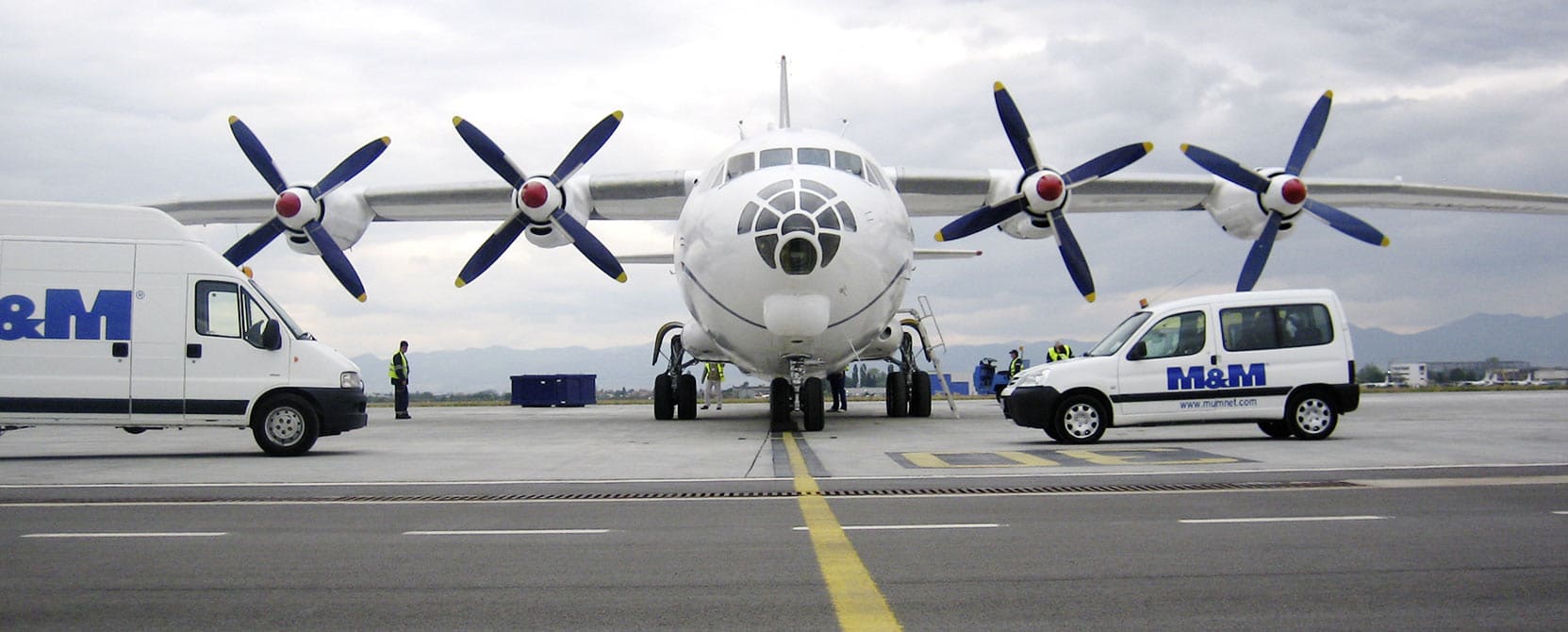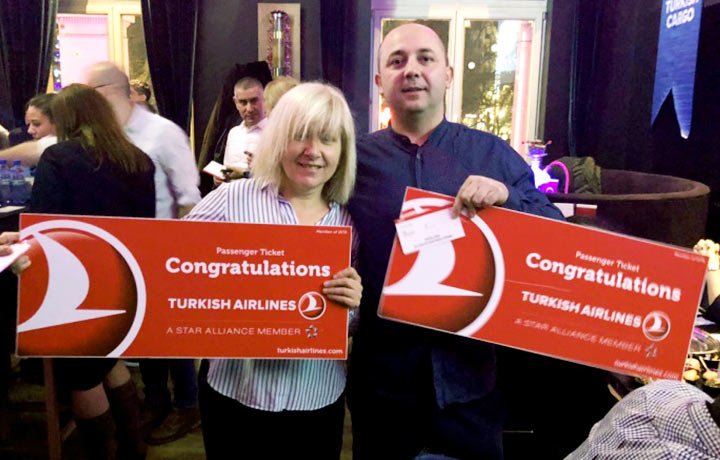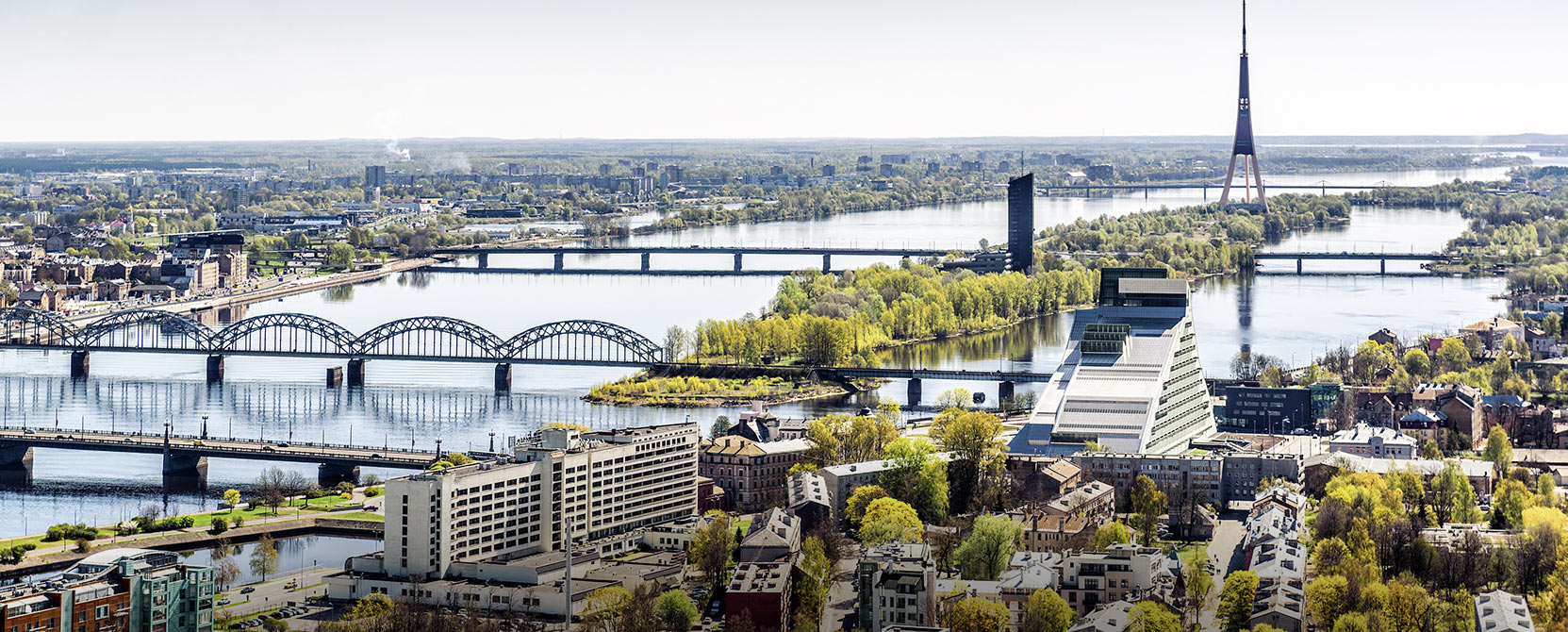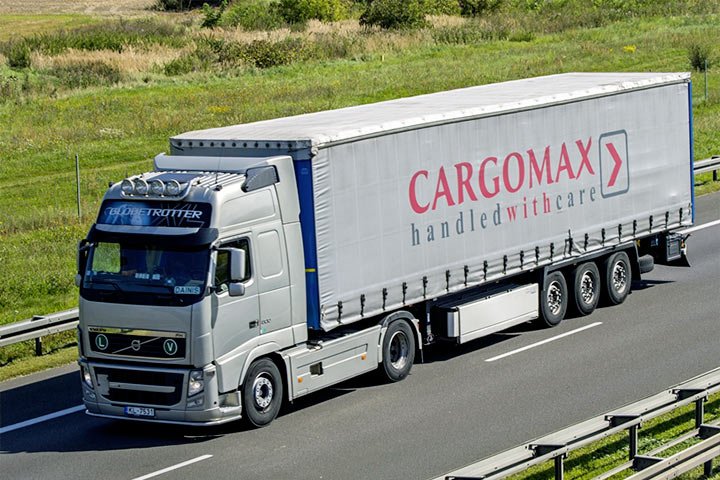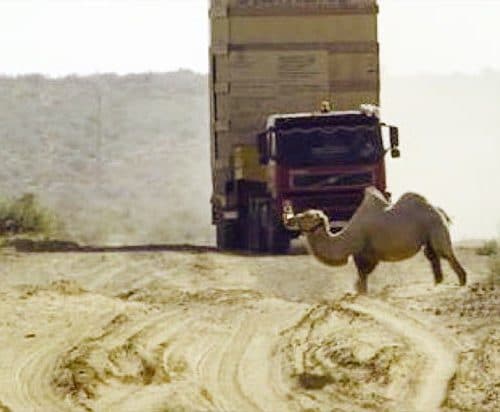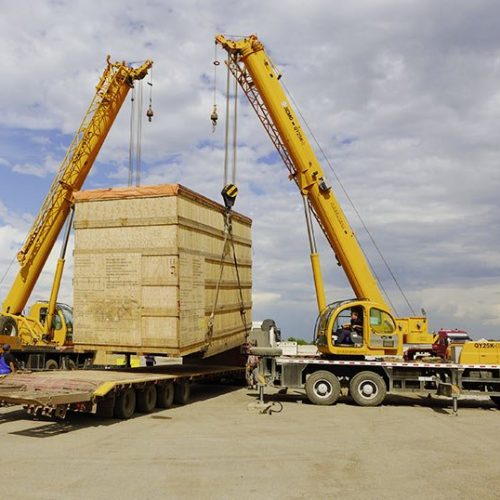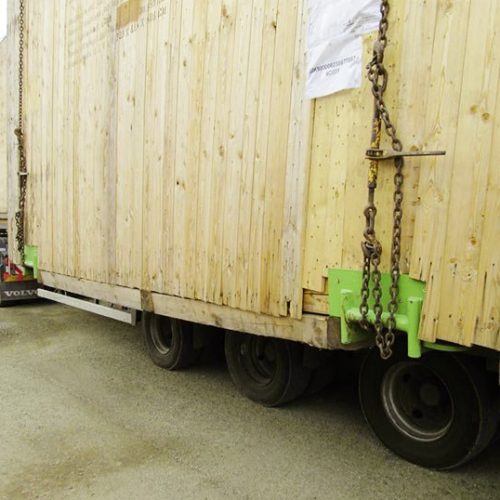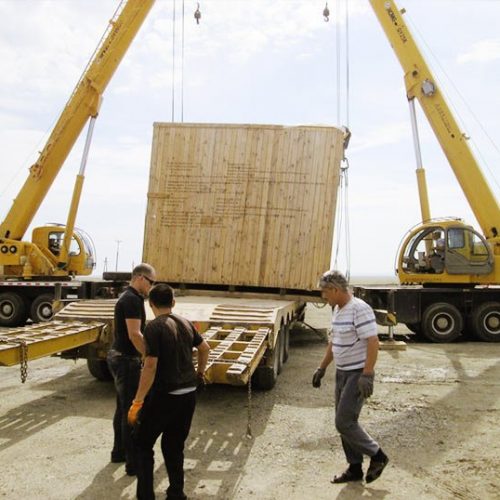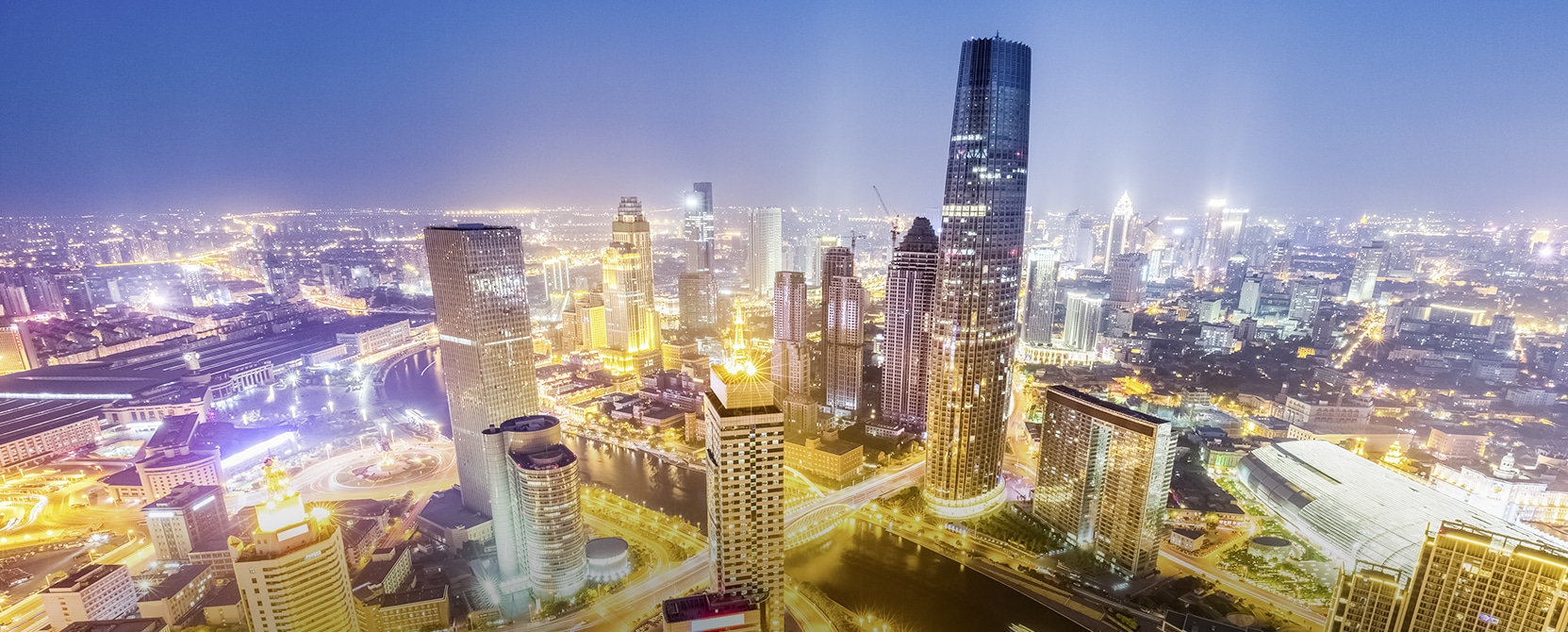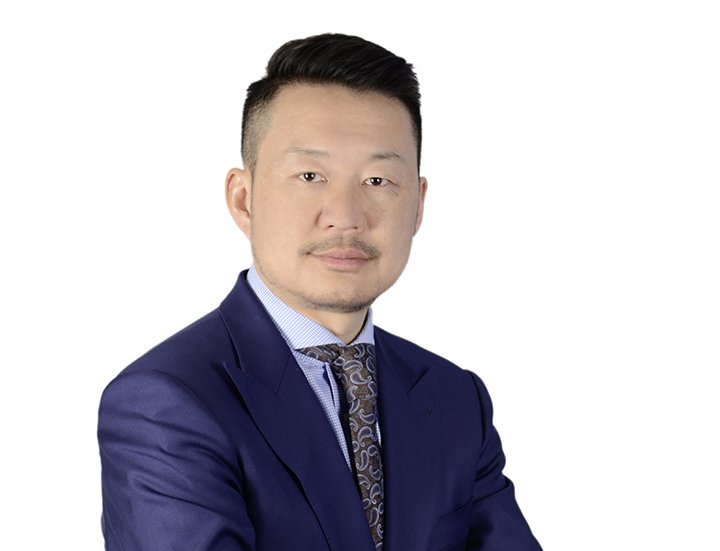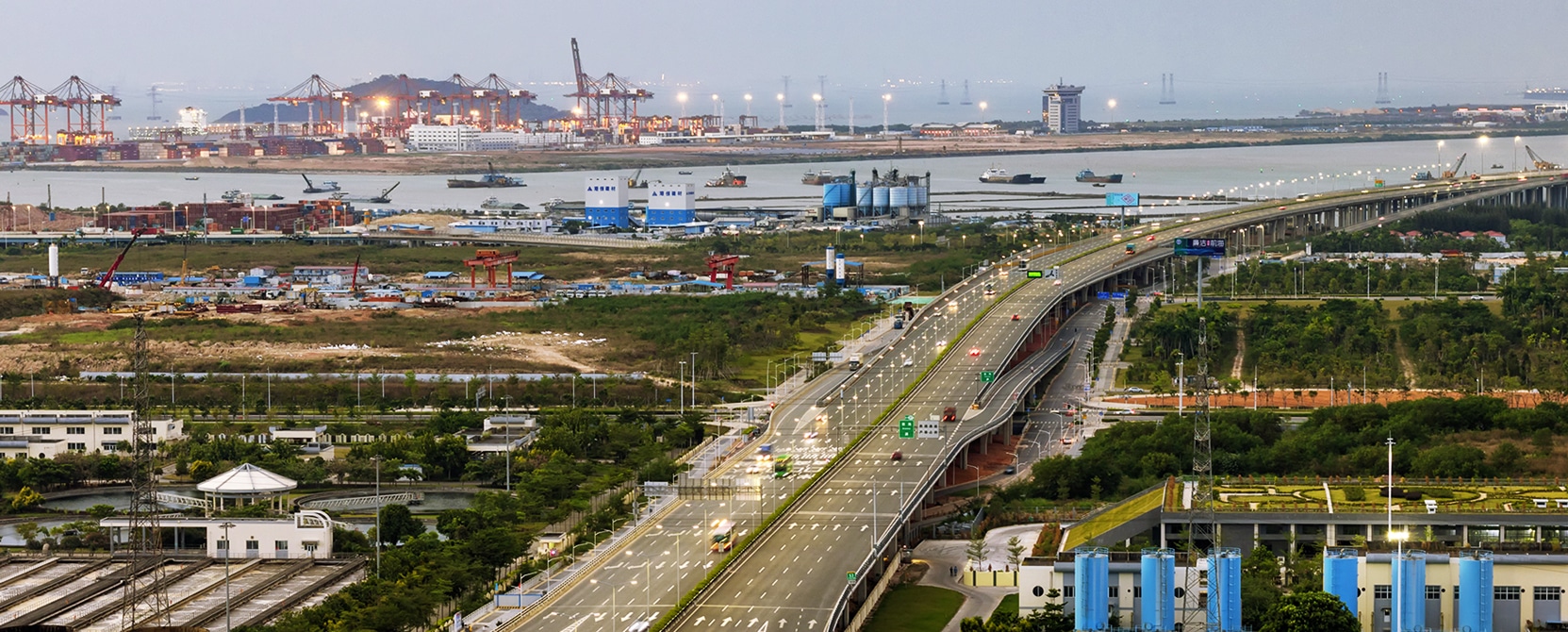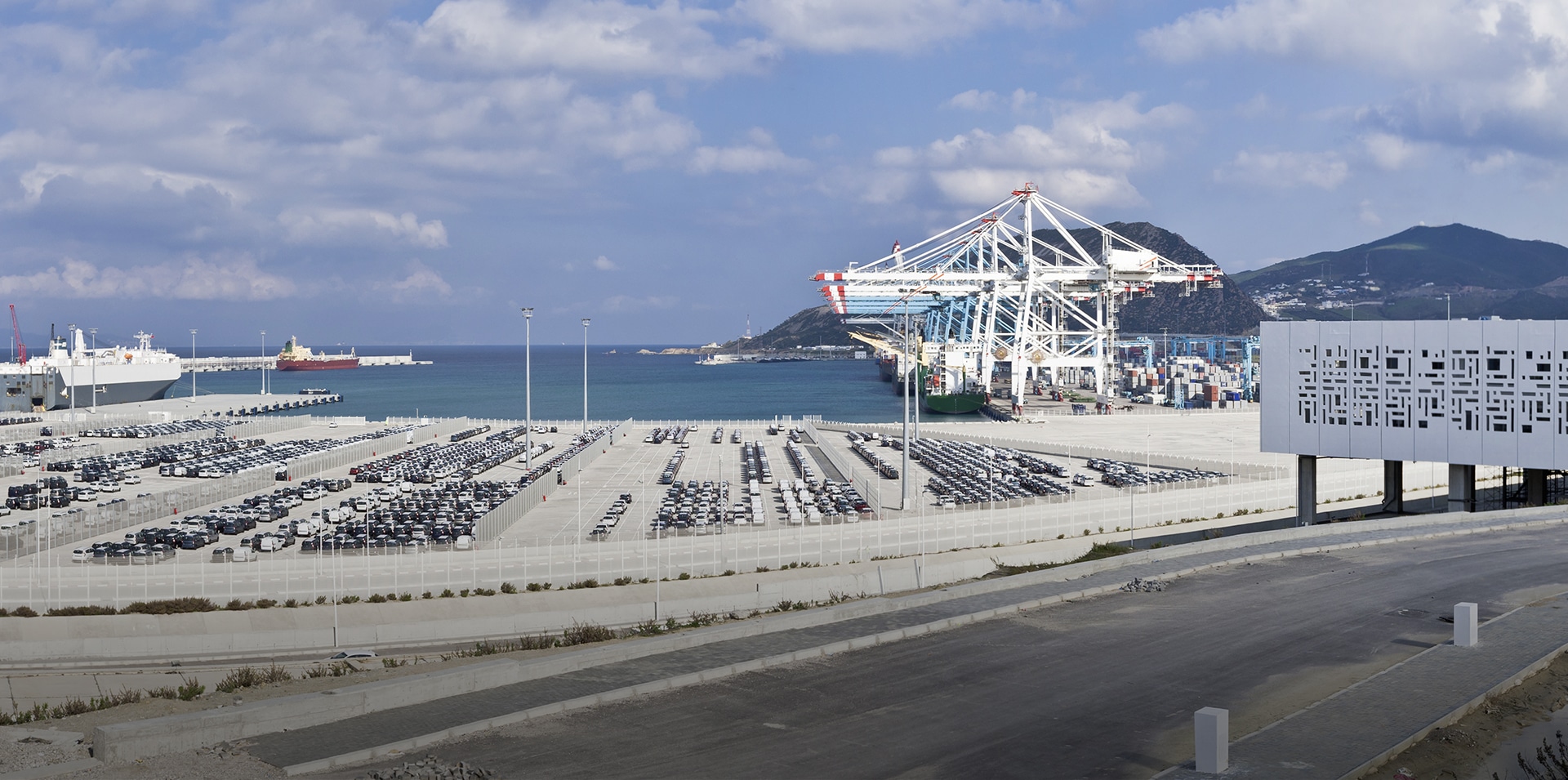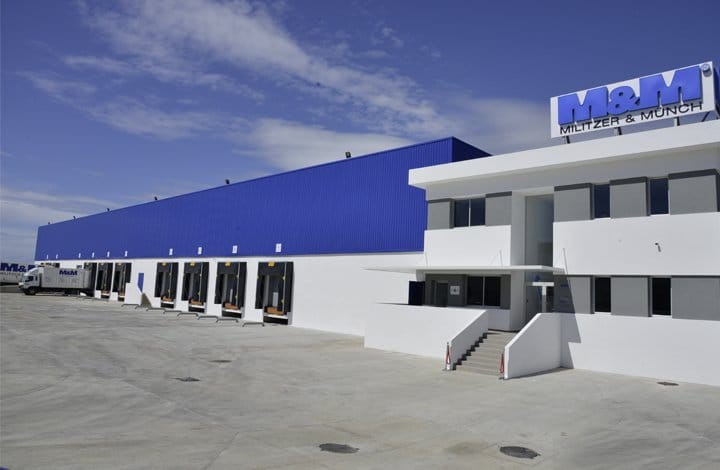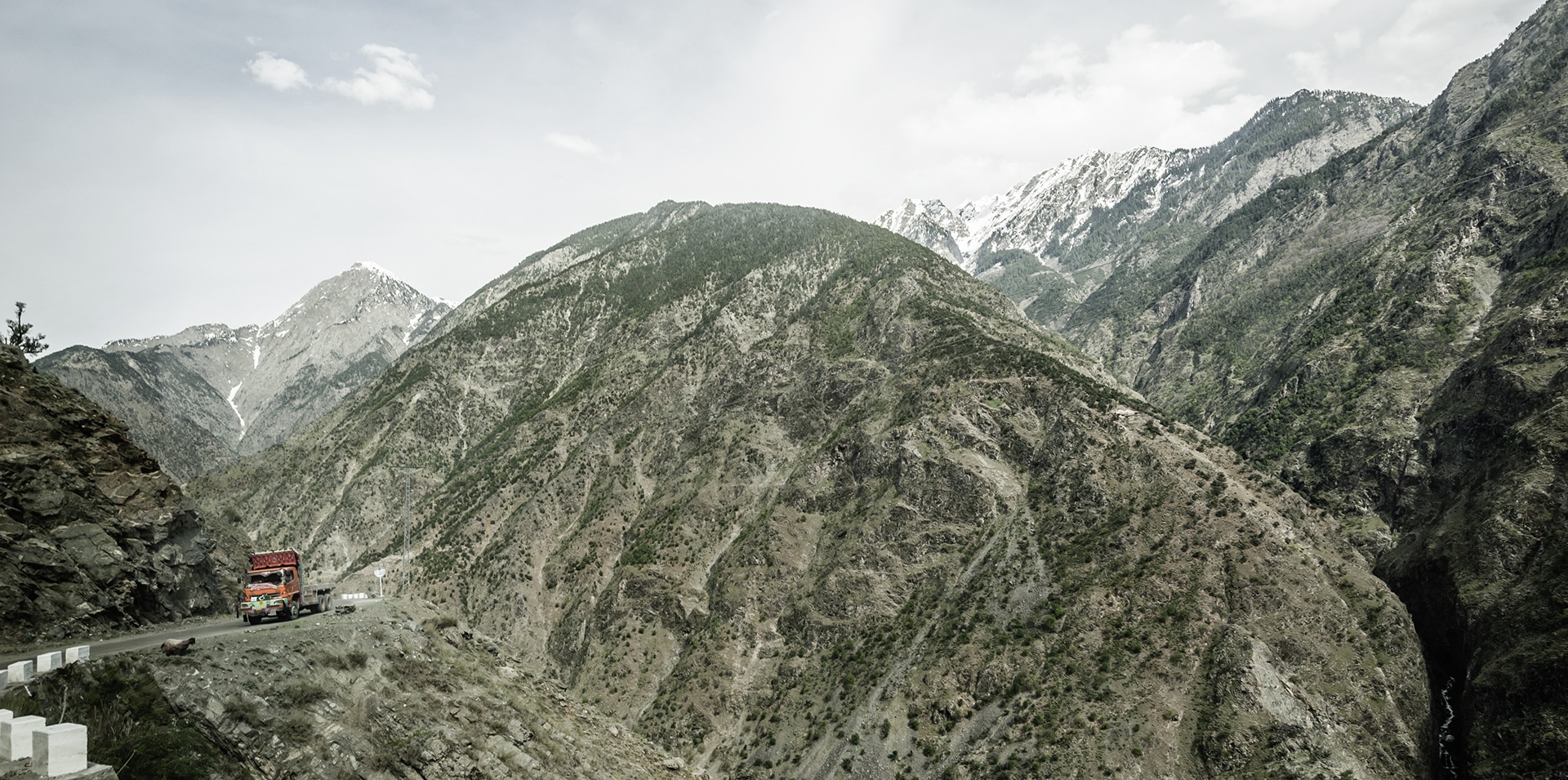China is well versed in mammoth projects. What the Chinese accomplished several centuries ago with the Great Wall is to be repeated in a similar way now. A gigantic investment package has been dedicated to the improvement of the transport network between Asia and Europe. Benefiting from the opportunities this entails, Militzer & Münch is developing new locations and road transport services in China and Central Asia. In some of the countries Militzer & Münch has already been operating for over 20 years.
The project to revive the Silk Road runs under the name One Belt, One Road (OBOR). For OBOR, China has set aside more than 100 billion dollars for the coming years. With this initiative – for the Chinese government, part economic and part political strategy – the Silk Road, which goes back to 2,100 years ago, is gaining importance again for today’s global transports. In ancient times, the route was already used for the goods trade between China and Europe. Yet it was not, as the name suggests, just one road strictly speaking, rather than a network of paths, major roads and secondary roads. They traversed countries that today are known as China, India, Pakistan, Afghanistan, Tajikistan, Kyrgyzstan, Turkmenistan, Uzbekistan and Turkey.
At that time, selling, forwarding and exchanging goods could take several years. Today, goods can be shipped from one continent to the other in just under 15 days. In ancient times, camels were the means of transport for overland transportation. Nowadays, they have been replaced by trucks and trains. An essential component of the OBOR initiative is the development of infrastructure. It comprises railway lines, roads, pipelines and deep sea ports. Moreover, huge industrial complexes are being built along the Silk Road, in China as well as in Central Asia.
In the Central Asian countries and in the Trans-Caucasian region, Militzer & Münch employs a staff of 200 – in China, the number of employees is 100. Militzer & Münch has a strong presence in China with seven operating branch offices, especially the longstanding branch office in Urumqi is an optimal gate for transports to Kazakhstan and Uzbekistan. The company aims at further reinforcing its presence in China and Central Asia as well as intensifying the traffics between the regions.
Bulking up business in China
By appointing new specialists to the management team, Militzer & Münch China took the first step towards expanding business along the New Silk Road. In September 2016 Glenn Bai was appointed Managing Director of the Chinese Militzer & Münch organization. At the beginning of the year, new colleagues were taken on board. Among them, industry experts Eric Wang, Director Rail Freight China, and Philip Wang, Director North China.
To further support the team, Militzer & Münch China hired Trade Lane Sales Manager Anna Boro in February. The focus of the Russian-born expert is set on the development of business between China, Russia and Central Asia along the Silk Road.
A new product has already been realized on the route from China to Central Asia: A container block train connects Xuzhou in Eastern China and the capital of Uzbekistan, Tashkent. For an industrial project, three transports were handled from China to Uzbekistan in January and February. The block trains carried steel coils in 20-foot -containers. Each transport only took 10 to 12 days from Xuzhou in the Jiangsu Province to Tashkent. On these orders, Militzer & Münch cooperated closely with sister company InterRail. Last year alone, InterRail operated approximately 280 trains from China to Europe along the New Silk Road.
“The One Belt, One Road initiative and the large sums invested in this context, we can expect to see numerous infrastructure projects in and around Central Asia”, says Glenn Bai. “We will take advantage of the opportunities to exploit the full potential of this highly promising market. Therefore we will cooperate with the Militzer & Münch organizations in Central Asia.”
The Silk Road Fund
About a year ago, China, as the world’s second largest economy, founded the Asian Infrastructure Investment Bank (AIIB), and a Silk Road Fund to boost infrastructure in Asia. China contributed 40 billion US dollars to the Silk Road Fund, and 50 billion to AIIB as seed capital. The other member nations also increased the financial means of the bank. Germany for instance contributed 4.5 billion US dollars.
Countries and projects
Militzer & Münch is one of the leading transport and forwarding service providers in Central Asia with locations in Kazakhstan, Uzbekistan, Kyrgyzstan, Tajikistan and Turkmenistan. On February 1, Militzer & Münch set up a presence in Azerbaijan, too: A two-man delegation now handles local business. The market has good potential, mainly in standard transport business.
In Tajikistan, Militzer & Münch recently won two big projects. One is a long-term contract that comprises the delivery of the merchandise for a bed and furniture chain with six or more truckloads per month. In the initial phase in December and January, Militzer & Münch Tajikistan handled 17 road transports from Poland to Tajikistan.
The second project is for a hydropower station for which Militzer & Münch transports components. The water power dam is being built on the River Vakhsh that crosses Tajikistan from North to Southwest – it constitutes an important energy source for the country. Militzer & Münch will transport about 180 to 200 truckloads to Tajikistan, 30 of which with an over height of 3.4 meters (cf. “News in brief” in the PROJECTS section.)
In Kazakhstan, the economic situation is turning back to normal after the devaluation of the Kazakh tenge. “The market has become stable again and Militzer & Münch profits from the fact that transports are slowly increasing”, says Nikolaus Kohler, Regional Managing Director Middle East / Central Asia. “We feel optimistic that, especially after the World’s Fair Expo 2017 in Kazakhstan, project business will gather speed again.” In view of big Chinese e-commerce companies, which also count the inhabitants of Kazakhstan among their customers, the B2B business sector is growing. With its own CEP service in Kazakhstan, Militzer & Münch is optimally positioned for a growing number of shipments in this segment.
The logistics industry looks to Uzbekistan with optimism, too. Although owing to currency regulations, so far there has been scarcely any security for foreign investors. One can assume that new paths are opening up for the country under the leadership of the new President who was voted into office in December 2016. “Our hope is for the currently existing capital constraints to be relaxed step by step, which again would pave the way for investments”, says Nikolaus Kohler.
Overland transports save time and money
The Chinese government has already convinced more than 60 countries of its OBOR project. The overland route boasts two clear advantages over sea and air transport: Shipments by train take about 20 days less than by vessel and are much cheaper than by plane.
While precious fabrics, porcelain and oriental spices were transported along the old Silk Road, the New Silk Road is meant for the transport of electronics, branded products, automotive parts, textiles and many more goods. At this time, there are ten departures a week for the full container loads that Militzer & Münch and InterRail are transporting via rail from China to Europe and vice versa.
Projects along the Silk Road
- Azerbaijan: A natural gas pipeline is to run from Azerbaijan through Turkey to Europe. The 2,000 kilometer pipeline, planned by the “Trans-Anatolian Natural Gas Pipeline (TANAP) Project”, is under construction.
- Tajikistan: The improvement of the border road from Dushanbe in Tajikistan to Uzbekistan is under way.
- Pakistan: To improve the connection between Central Asia and the ports of Gwadar and Karachi, the Shorkot-Khanewal motorway section is being completed to become a four-lane wide and 64-kilometer long road. The project is to help guarantee efficiency and safety in the transport corridor.
InterRail – business prospects
InterRail – a company specialized in rail freight and a Militzer & Münch sister company under the umbrella of the TransInvest Group – has defined three important trade routes for its business activities:
- Along the East-West axis, InterRail aims to become one of the most successful booking agents.
- Along the so-called “Old Silk Road”, the China-Central Asia-corridor, the pioneer test trains are to be expanded into regular train connections.
- The same goes for the North-South corridor, where additionally, regular block train traffics are to be set up.
InterRail added diverse new products and routes to its portfolio, especially during the past 24 months. They include open trains to be loaded with single containers or container groups, but also LCL traffics from China to Europe and special wagon transports between Russia and Central Asia. In terms of geography, InterRail introduced new train connections, for instance from China to Afghanistan, the CIS, Latvia and recently also to the United Kingdom.
